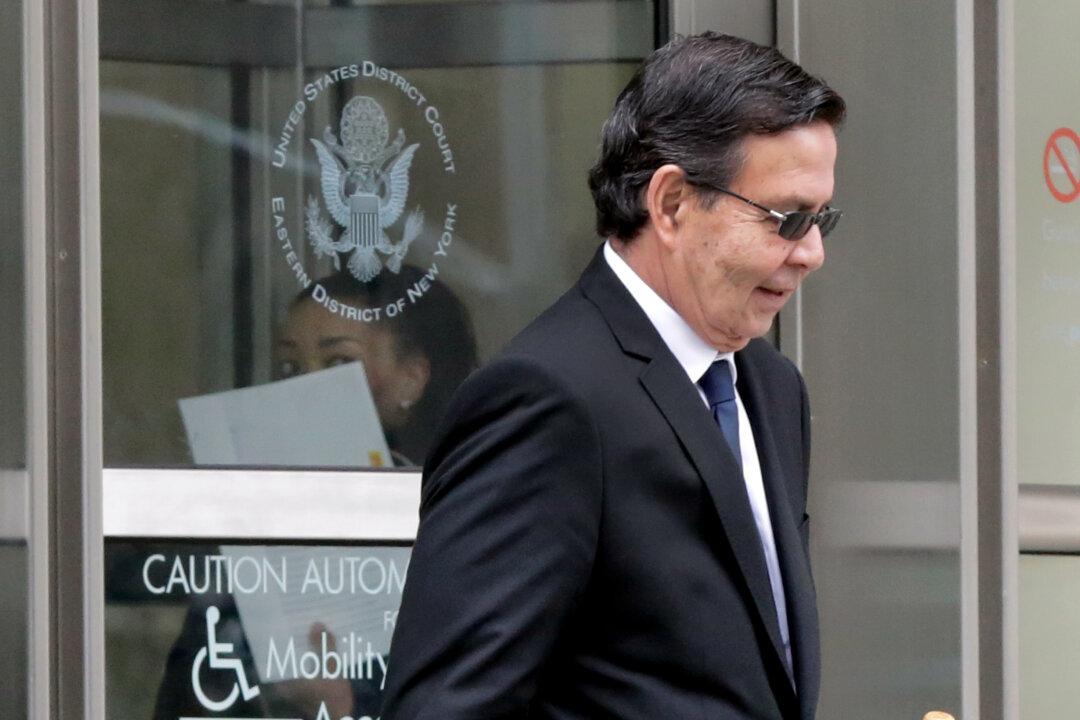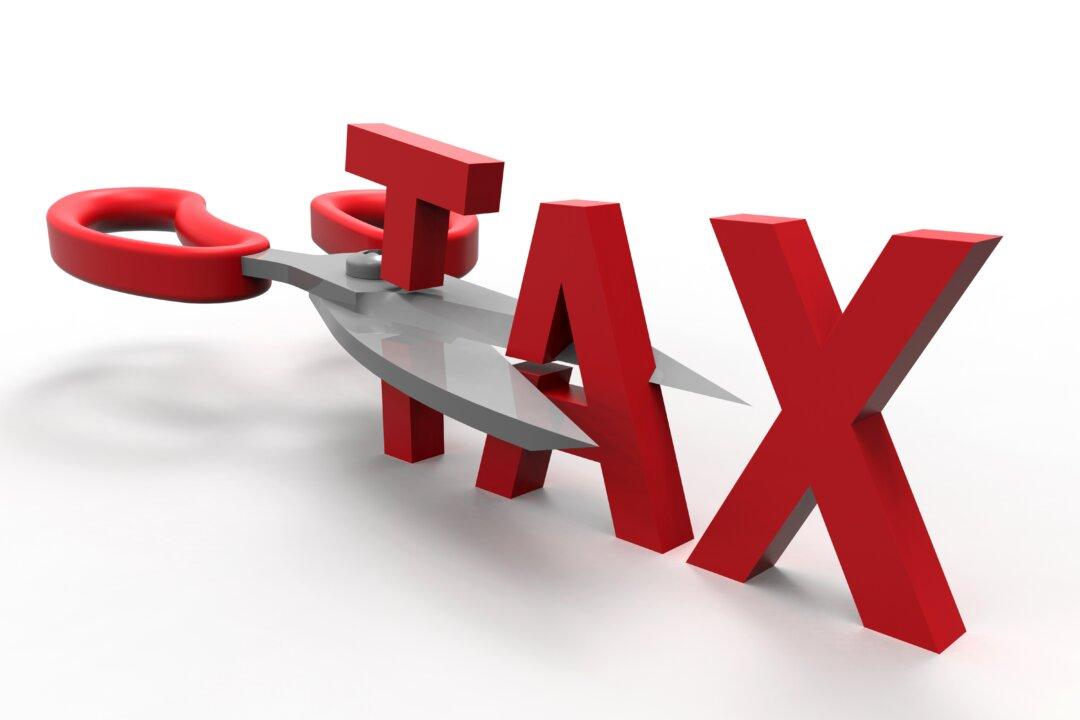NEW YORK—A former president of Honduras pleaded guilty to conspiracy charges on Monday and admitted to taking bribes in the wide-ranging FIFA soccer scandal over lucrative broadcast rights.
Rafael Callejas, a member of FIFA’s television and marketing committee, entered the plea to racketeering conspiracy and wire fraud conspiracy in federal court in Brooklyn. Each charge includes a maximum of 20 years in prison; he also agreed to forfeit $650,000.
He told the judge that he had accepted bribes and distributed some of the money to others. He said he knew it was wrong.
Callejas, who was president of Honduras from 1990 to 1994, will be sentenced Aug. 5.
Initial arrests in the case last May resulted in charges against 14 people, including seven top FIFA officials arrested at a Swiss hotel.
His surrender came after 16 additional defendants, most from Central and South America, were charged in the fall in a second wave of the prosecution that focused on a generation of soccer leaders in South America, a bedrock of FIFA and World Cup history.
In that crackdown, five current and former members of FIFA’s ruling executive committee were arrested at the same Zurich hotel where the similar raid on FIFA officials occurred a half-year earlier.





